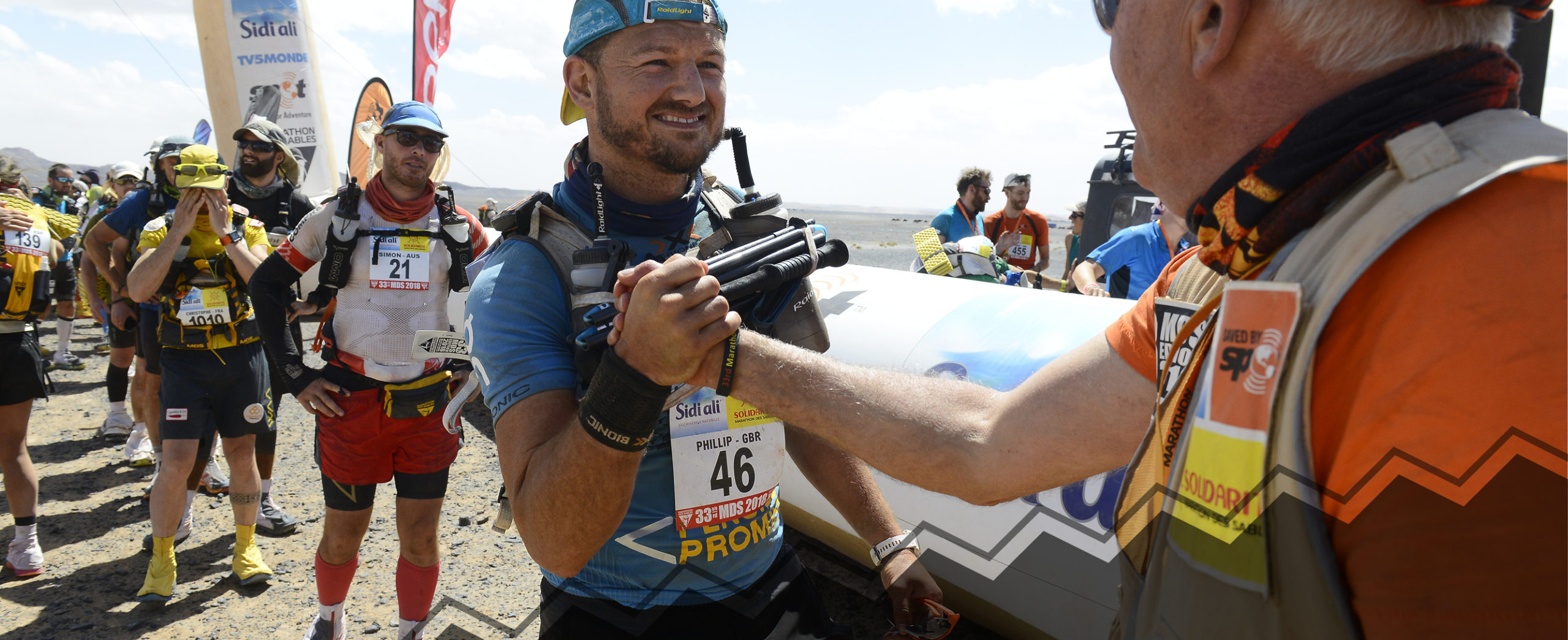Top tips, tools and techniques are no longer sufficient to meet the demands of our personal and working lives. The growing uncertainty of organisational life, relentless change and accelerating unpredictability, has increased the complexity of our day to day roles.
Through our coaching and programs, Ambition Performance Coaching goes beyond tips and recommendations, to coach the whole person. We bring growth to you by considering the dynamic relationship between the three areas of human existence – language, emotions and body.
WHAT IS COACHING?
Coaching is a partnership between coach and client, in which the coach supports the client to achieve fulfilling results in their personal or professional lives. Through coaching, clients deepen their awareness and learning, achieve effective results more quickly and enhance their quality of life.
How is coaching different from therapy?
Therapeutic services (e.g. psychologists, counsellors, psychotherapists) generally work with an individual to enable them to function at a healthy level. Therapy is often focused on helping the client to deal with crisis or trauma, or to resolve psychological issues or deal with psychological conditions, such as anxiety, depression, addiction etc.
Coaching assumes that the client is functioning at a generally healthy level. Coaching focuses on increasing the client’s performance and capacity, helping them to become more successful and fulfilled in their life; personally and in business. Coaching does this through an individually tailored learning relationship as opposed to therapeutic interventions.
What happens in a coaching session?
That is up to the client and the coach to design, however, the coaching session would typically include:
A review of results and insights gained since the previous session. One of the ways coaching works is by highlighting and reinforcing what is working and what can, therefore, continue to be used to the client’s advantage and what might otherwise not be valued highly enough.
A conversation centred on challenges the client is facing, or opportunities that they want to make the most of. The coach will get the client to think more clearly by listening carefully and generously, by asking questions that the client may not have asked themselves, and by sharing their observations and thoughts.
An agreement on what strategy and actions the client will take to overcome their challenges or to take advantage of their opportunities. The coach may suggest or recommend some approaches, or they may encourage the client to devise their own. Either way, the coach will ensure the client leaves with a clear commitment to action.
How long do clients work with a coach?
Some clients require support with a specific issue or period in their life, which may range from a one-off session to several sessions to several months of coaching. Other people use coaching as ongoing support in their life or work roles over several years.
What about confidentiality?
I personally keep a record of your contact details and the session dates and times. I keep some notes from our sessions to help me keep track of the issues and your progress. Conversations and rcords from a coaching session remain confidential.
Do you have a code of stadards and ethics?
As a member of the International Coaching Federation (ICF) I am committed to fulfill the ICF standards and ethics (Link).
What is your style of coaching?
I am passionate about creating a very warm and welcome space to ensure my client feels comfortable to explore their challenges. My style of coaching involves being open to exploring the client’s use of language, how emotions influence their actions and the impact their body has on supporting or limiting their potential.

Get in touch
